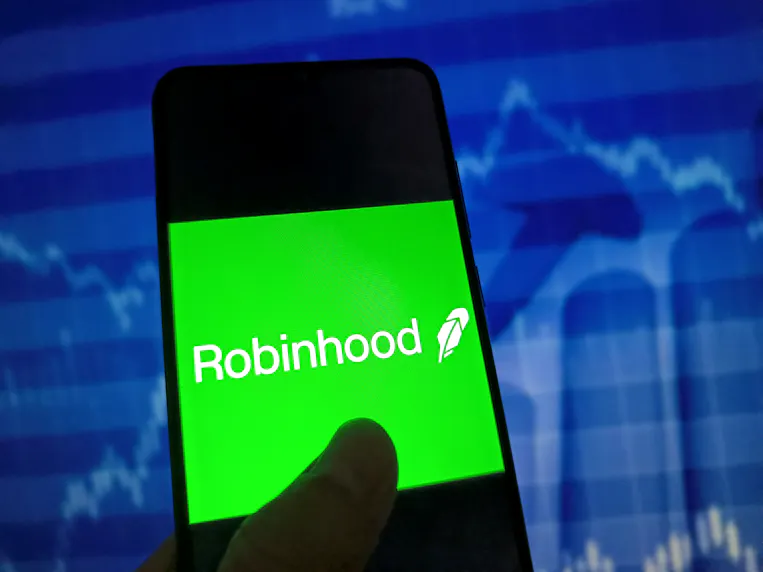Massachusetts Gaming Authority Sued by Robinhood

Last Updated: September 16, 2025 3:43 PM EDT • 2 minute read X Social Google News Link


Robinhood is suing Massachusetts Attorney General Andrea Joy Campbell and the Massachusetts Gaming Commission to bar the state from enforcing gaming statutes related to event-contract trades on its platform. The litigation seeks declaratory and injunctive relief, asserting that the Supremacy Clause preempts state action under federal law.
After a lawsuit was filed against Kalshi in Massachusetts earlier this month, accusing the prediction platform of running unlawful sports betting, regulators in the state identified Robinhood in the court documents, as Kalshi’s event contracts could be viewed on Robinhood's brokerage app.
In the lawsuit, filed on Sept. 15, it stated, “While Robinhood facilitates the placement and liquidation of event contracts for its customers, the contracts themselves trade on KalshiEx LLC’s (“Kalshi”) Commodity Futures Trading Commission (“CFTC”)-designated exchange.”
As Robinhood alleged in the lawsuit, some $1 billion in Kalshi bets flowed through the site in the second quarter of the year, generating Kalshi about $10 million in revenue.
Robinhood argues that the Commodity Exchange Act grants the CFTC exclusive jurisdiction over commodity futures, swaps, and event contracts on specified exchanges. It warned Massachusetts from attempting to regulate an activity within exclusive federal jurisdiction.
The company has parallel litigation in New Jersey and Nevada, where courts issued injunctions to prevent state enforcement actions relating to Kalshi.
Robinhood's S&P 500 inclusion
The lawsuit arrives as Robinhood experiences renewed momentum in financial markets, highlighted by its recent addition to the S&P 500. Earlier this month, shares of the brokerage surged more than 15% in midday trading after S&P Global announced the company would join the index, replacing Caesars Entertainment.
The change is scheduled to take effect before markets open on Sept. 22.
Robinhood's inclusion follows months of speculation about whether it would be included in the widely tracked index. Analysts noted that such additions can drive billions of dollars in trading volume as passive investment funds adjust their holdings to mirror the index. Bank of America described Robinhood as one of the most prominent eligible names in recent rebalancing discussions.
The stock had previously slipped in June after it failed to secure inclusion in that round of adjustments. At Robinhood's annual meeting that month, CEO Vlad Tenev told investors the company could not predict when it might be added but remained hopeful.
Despite earlier setbacks, Robinhood shares have risen sharply in 2025, climbing more than 210% since the start of the year. Following a significant sell-off during the 2022 market downturn, the company's stock has gained ground steadily since its public debut in 2021.

Ziv Chen X social






